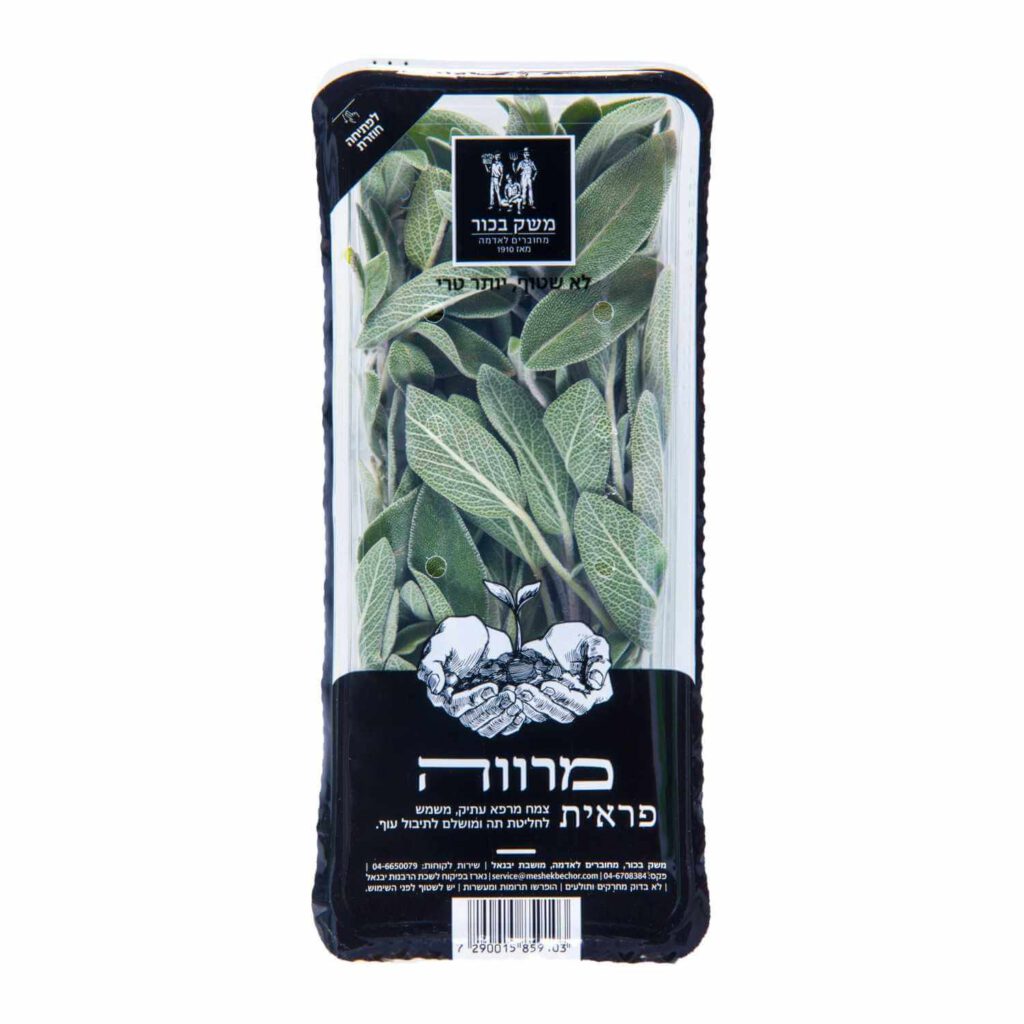he Arugula is a plant from the mustard family, commonly found in the Mediterranean region from Morocco and Portugal in the west, and from Jordan to Turkey in the east.
The Arugula leaves are green and it rich in vitamin A, mainly beta-carotene. Also, the Arugula leaves are especially rich in minerals such as calcium, magnesium, and potassium.
The Arugula is low in calories and has health benefits. like the other bitter vegetables, it used to be served after dinner as a medical soup to aid digestion.
Arugula, among other things, helps strengthen the immune system and fight infection.
It is high in vitamin L, antioxidants that protect against free radical damage and help reduce the risk of cancer and retinal degeneration – impairing the typical vision with age. It strengthens the immune system, boosting energy and mood, increasing sexual desire and helping digestive problems such as constipation, bloating and gas.
